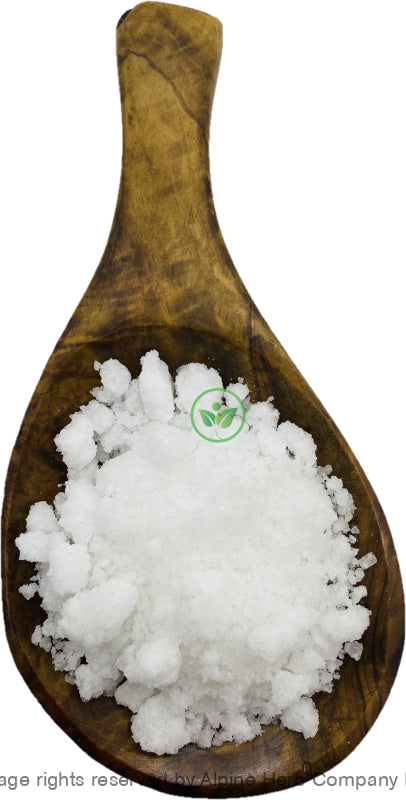Camphor Powder Alpine Herb Company Inc.
$ 17,49 $ 10,49
Common Name:
- English:
- Also, known as: Camphora, Camphor, karpoora, Kapur, karpuram, Alcanfor, Arbre à Camphre, Camphora Officinarum, Camphre, Camphre de Laurier, Camphre Gomme, Camphrier, Cemphire, Cinnamomum Camphora, dl-Camphor, dl-Camphre, Laurel Camphor, Laurus camphora.
General Information:
Camphor used to be made by distilling the bark and wood of the camphor tree. Today, camphor is chemically manufactured from turpentine oil. It is used in products such as Vicks VapoRub. Camphor is a waxy, flammable, white or transparent solid with a strong aroma. It is a terpenoid with the chemical formula C10H16O. It is found in the wood of the camphor laurel (Cinnamomum camphora), a large evergreen tree found in Asia and also of the unrelated Kapur tree, a tall timber tree from the same region.
When the root or bark is steamed, it produces a volatile, white, crystalline compound with a characteristic pungent odor, usually referred to as camphor. (The aromatic oils in such plants as tansy and feverfew may also be referred to as camphor). Trees that produce real camphor are slow-growing. In fact, the Chinese believe that it cannot be extracted from trees under fifty years old.
Precautions:
When ingested, camphor can cause serious side effects, even death.
You should consult with a qualified healthcare practitioner before using any herbal products, particularly if you are pregnant, nursing, or on any medications.
All information on this website is for educational purpose ONLY
This information has not been evaluated by Health Canada.
This information is not intended to diagnose, treat, cure, or prevent any disease.
| Unit Size | 100g, 200g, 400g, 1kg |
|---|
Prompt shipping and expert packing
Thanks to our longstanding association with UPS FedEx DHL as well as other leading global carriers, we can offer a variety shipping options. Our warehouse staff is highly trained and will be able to pack your goods in accordance with our precise and exact specifications. Your items will go through an exhaustive examination before they will be securely packaged before being delivered. We ship to hundreds of thousands of customers daily in different countries. This is a sign of our determination to become the largest online retailer worldwide. Warehouses and distribution centers are located throughout Europe as well as in the USA.
Note that orders containing multiple items are processed according to the particular item.
We will thoroughly inspect all items ordered before shipping. Most orders are shipped within 48 hours. The delivery time will be between 3 and 7 working days.
Returns
The stock market is always changing. It's not entirely managed by us since we're involved with several entities, including the factory and the storage. Therefore, the actual inventory could fluctuate at any moment. Please be aware that it is possible that your order could be out of stock after you've placed your order.
Our policy lasts for 30 days. If it's been more than 30 days since the date you purchased your item We're sorry to say that we can't offer you a full exchange or refund.
You can only return a product if it is unused and still in the same state as when you received it. The item should be in the original packaging.
Related products
Herb Powder
Herb Powder
Herb Powder
Herb Powder
Herb Powder
Herb Powder
Herb Powder
Herb Powder
Herb Powder
Herb Powder
Herb Powder
Herb Powder
Herb Powder
Herb Powder
Herb Powder
Herb Powder


































